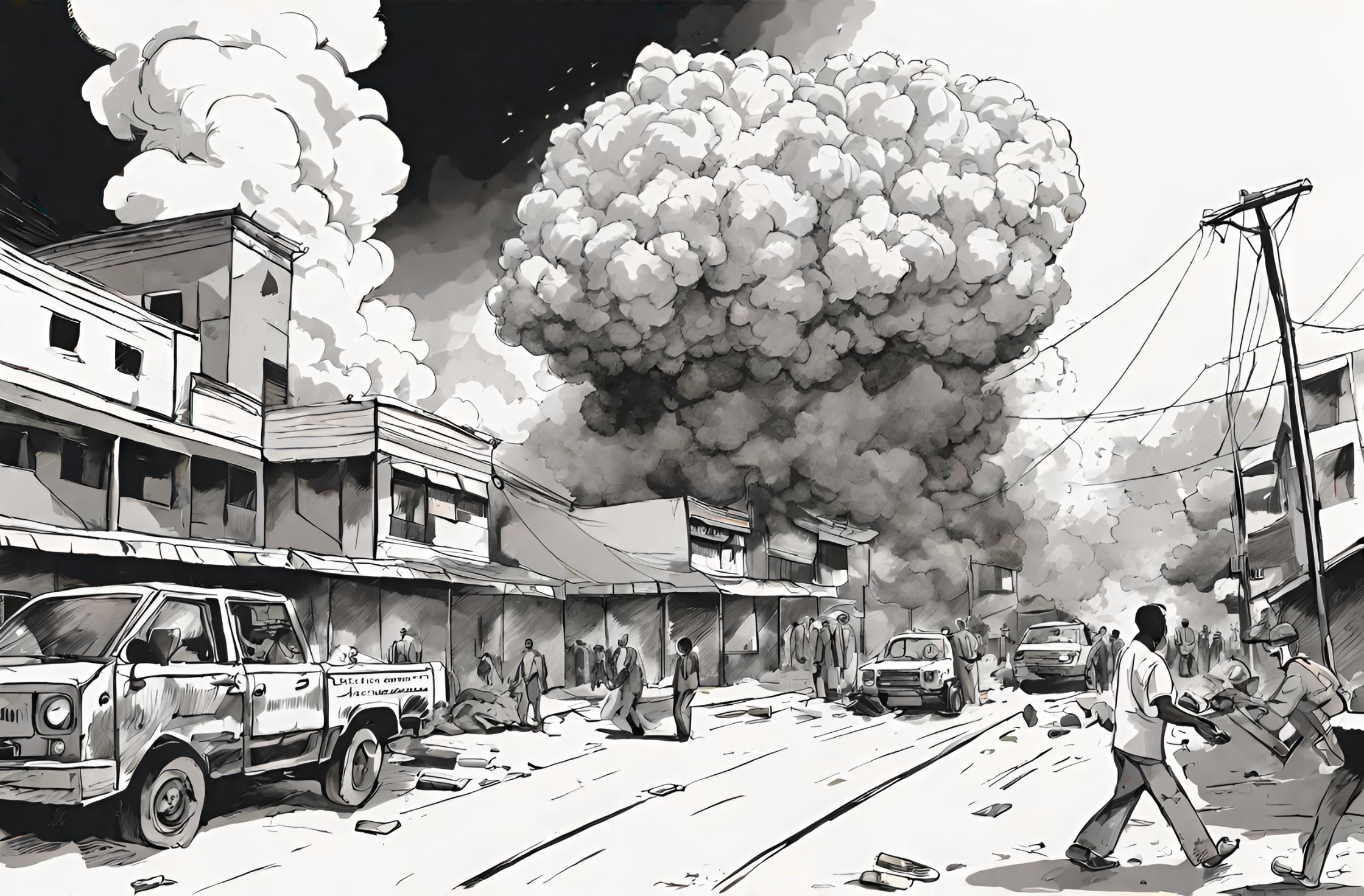Flashback to July 11
World History

2007
President of Pakistan Pervez Musharraf stands down as the head of the Pakistan Army and is succeeded by Lt. General Ashfaq Parvez Kayani.
Read moreOn November 28, 2007, a historic event in Pakistan’s turbulent political and military landscape transpired. Then President of Pakistan, Pervez Musharraf, announced his resignation from his post as the head of the Pakistan Army. While this alone would have made international headlines, it was the appointment of his successor, Lt. General Ashfaq Parvez Kayani, that turned the world’s spotlight onto Pakistan once again.
Pervez Musharraf, the autocratic leader of Pakistan, was known for his military prowess and political acumen. His resignation marked the end of an era of military dictatorship, providing hopes for a democratic future. The significance of this moment cannot be understated. After having served as the Army’s chief for almost nine years, the sudden step-down by Musharraf hinted at a shift in the power tides within Pakistan’s military and political spheres.
Musharraf’s relinquishing of his military role was met with international acclaim, particularly from Western nations who saw this move as an important step towards democratic stability in the South Asian nation. Domestically, his resignation brought in a wave of speculations about the future course of the politically volatile nation. The most striking question at this juncture was – who would fill the void left by Musharraf?
Eyes then turned towards Lt. General Ashfaq Parvez Kayani, reputed for his professionalism and commitment towards the nation’s welfare. Kayani, notably known for his low-profile demeanor, was set to become the new Chief of Army Staff for the Pakistan Army, succeeding Musharraf. This ushered in a new chapter in Pakistan’s military and political narrative that had consistently been under the shadow of military rule.
Lt. General Kayani’s appointment as Chief of Army Staff was met with widespread domestic and international approval. Known for his strategic prowess, professionalism, and commitment, there was a consensus that Kayani was the right person to lead the Pakistan Army. This was particularly crucial because the Pakistan Army, being one of the most influential institutions in Pakistan, had the potential to catalyze the nation’s shift towards democratic governance.
At the outset of his military tenure, Kayani signaled a departure from the practices of his predecessor. He announced a staunch commitment towards keeping the military out of politics, asserting that the army’s role should be limited to national security.
The transition from Musharraf to Kayani was critically observed by international powers, notably the United States, which had, until then, worked closely with Musharraf in the War on Terror. The change in leadership did not deter the Pakistan Army’s commitment to national security, as Kayani continued to work closely with international allies, emphasizing his focus on anti-terrorism operations.
the historic event of Pervez Musharraf stepping down as the head of the Pakistan Army and the succession by Lt. General Ashfaq Parvez Kayani brought about significant changes in the landscape of Pakistan’s political and military spheres. This event made headlines across the globe, not just as a startling power shift within Pakistan but as a potential stride towards democratisation for the South Asian nation.
the stepping down of Pervez Musharraf as the head of the Pakistan Army and the succeeding appointment of Lt. General Ashfaq Parvez Kayani ushered in a new chapter in the history of Pakistan. This change offered a fresh path for the involved stakeholders to navigate their national and international roles and obligations, making it a milestone worth remembering in the annals of Pakistan’s history.
We strive for accuracy. If you see something that doesn't look right, click here to contact us!
Sponsored Content

Two bombs explode in…
On 7/11/2010, two bombs…

Charles IV of Luxembourg…
On 7/11/1346, Charles IV…

The space station Skylab…
"The historic event of…

Prussia army moves into…
On 7/11/1792, the Prussia…

Giuseppe Arcimboldo first surrealist…
Giuseppe Arcimboldo, the pioneering…

Chinese archeologists discover a…
Chinese archeologists made a…

